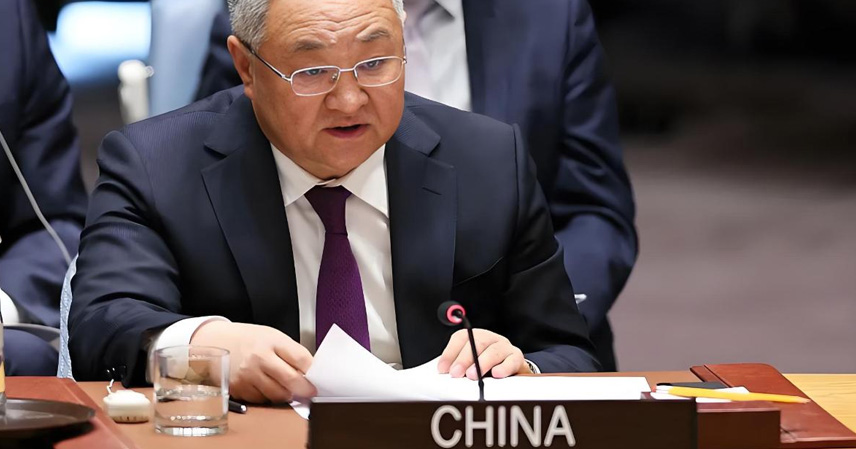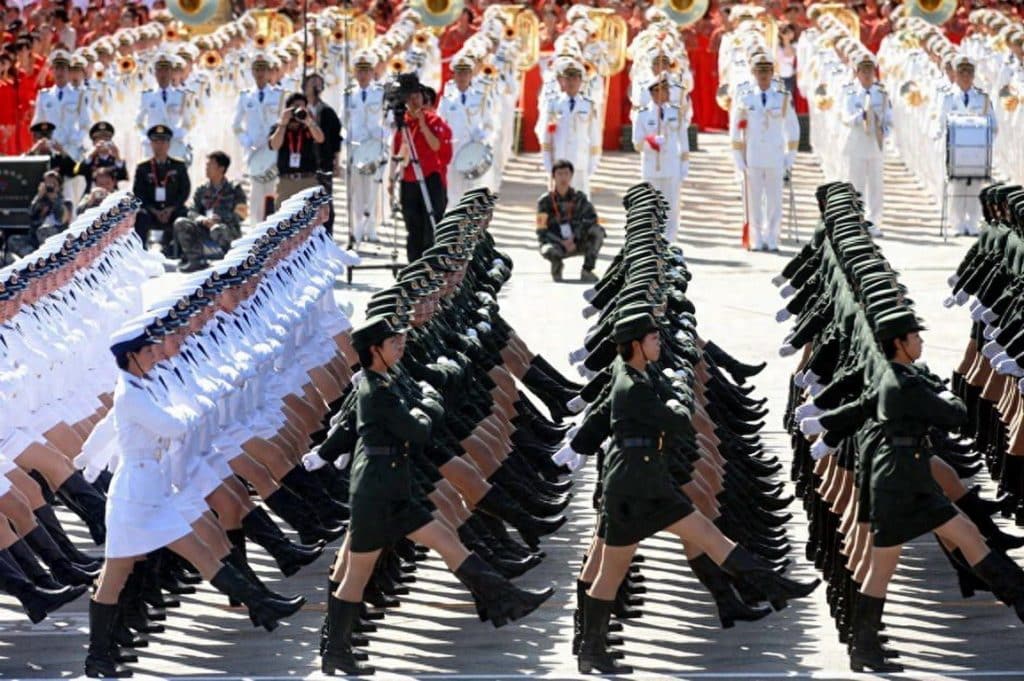The United Nations has once again debated the Gaza crisis, but Washington stood firmly against international consensus. Just as China voiced deep disappointment at the outcome, the Trump administration took another risky step—one that could plunge the Middle East into greater turmoil.
Recently, the UN Security Council voted on a draft resolution calling for an immediate and unconditional permanent ceasefire in Gaza, the unconditional release of all hostages held by Hamas and other groups, and the removal of all restrictions on humanitarian aid entering Gaza. These three provisions were designed to balance responsibilities between Hamas and Israel, set a clear timeline for ceasefire, and bring relief to civilians while securing the safe return of hostages. In short, it was a fair and win-win proposal.
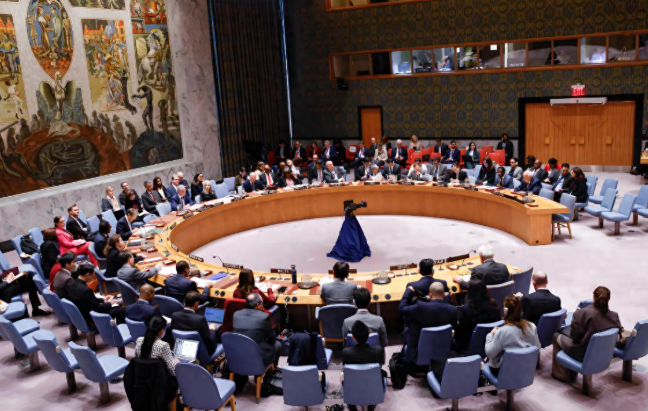
The draft received 14 votes in favor, but the United States stood alone in opposition. As a permanent member with veto power, Washington blocked the resolution.
Following the vote, China’s Permanent Representative to the UN, Ambassador Fu Cong, expressed profound disappointment and posed three sharp questions: “How many more innocent lives must be lost before a ceasefire is achieved? How many more tragedies must occur before humanitarian aid is allowed into Gaza? And how long must we wait before the Security Council fulfills its duty?” His remarks underscored China’s anguish at the escalating humanitarian catastrophe and its frustration with Washington’s repeated use of the veto. Since October 2023, Gaza’s death toll has risen to 65,000, and nearly every attempt by the Security Council to act has been blocked by the U.S.
U.S. Steps Up Arms Sales, Israel Escalates Strikes
Hardly moments after China’s statement, Reuters reported on September 19 that the Trump administration plans to sell $6.4 billion worth of weapons to Israel, including helicopters and armored personnel carriers. That same day, Israel intensified its bombardment of Gaza, destroying vital infrastructure. Displaced Palestinians—some forced to flee more than 20 times—voiced despair, saying there was nowhere left to escape.
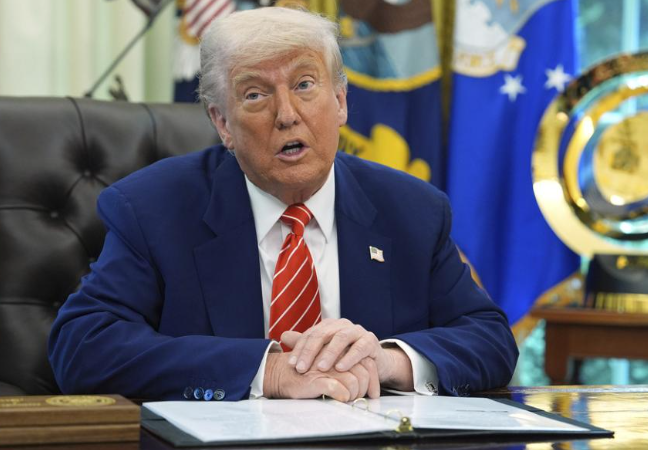
For many observers, U.S. weapons are seen as fueling Israel’s assault, turning Washington into a direct enabler of further bloodshed. Supplying arms to a warring party not only worsens civilian suffering but also undermines international efforts to stop the fighting.
Why Washington Backs Israel
The U.S. support for Israel, both diplomatically and militarily, is driven by several factors:
- Geopolitical leverage: Israel acts as America’s strategic outpost in the Middle East, enabling Washington to counter Arab states, tie oil producers like Saudi Arabia to the U.S., protect the petrodollar system, and expand its military exports.
- Jewish influence in U.S. politics: Jewish communities and financial networks exert significant sway through lobbying and campaign contributions, shaping Middle East policy and even influencing U.S. elections.
- Religious alignment: The Judeo-Christian roots shared by the U.S. and Israel create deep cultural and religious bonds, often in opposition to Islamic powers.
In essence, Israel functions as both Washington’s “shield” and its “blade” in the Middle East.
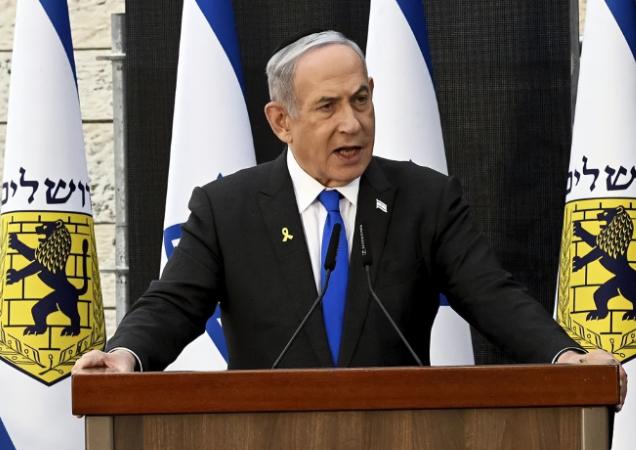
U.S.-Israel Coordination: A Scripted Outcome
Recent interactions suggest a coordinated strategy. On September 14, U.S. Secretary of State Marco Rubio visited Israel, affirming that Israeli strikes on Qatar would not affect bilateral ties. By September 19, U.S. media confirmed Trump’s plan for new arms sales to Israel. Around the same time, Israeli Prime Minister Benjamin Netanyahu announced that he would meet Trump at the White House on September 29—emphasizing that it was an invitation from Trump himself.
For much of the world, Israel’s unwillingness to pursue peace is clear, but the deeper issue is that Washington also benefits from ongoing instability. This dual dynamic is at the core of China’s frustration.
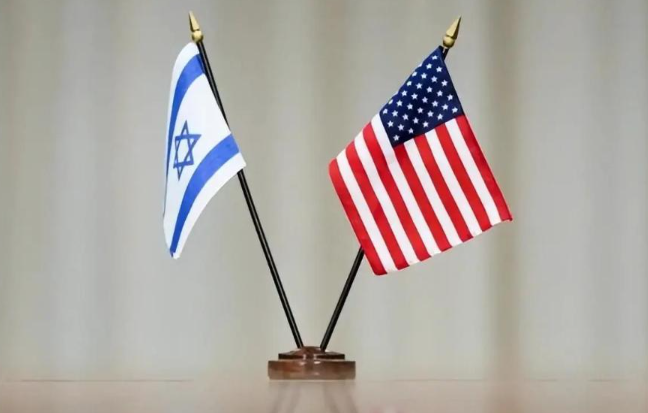
A Broader Pattern: From Gaza to Ukraine
The Gaza case mirrors U.S. behavior in the Russia-Ukraine conflict. While Washington convenes talks, it simultaneously floods Kyiv with weapons, ensuring that the war drags on. Most recently, the U.S. used a drone incident in Poland to target Russia rhetorically, while quietly fueling NATO-Russia tensions.
Whether in Gaza or Ukraine, the recurring pattern is U.S. intervention that prolongs and intensifies conflicts. The repeated blocking of Security Council resolutions highlights a deeper flaw in the international system.
At the recently concluded Xiangshan Forum in Beijing, China once again called for reform of global governance. Its “Global Governance Initiative” offers a roadmap: uphold sovereign equality, strengthen international law, prioritize people’s welfare, and embrace multilateralism. Only by following these principles, Beijing argues, can peace be safeguarded and the collective interests of all nations protected.
References:
- United Nations Security Council session on Gaza (September 2025)
- Reuters (September 19, 2025) – U.S. arms sale plan to Israel

